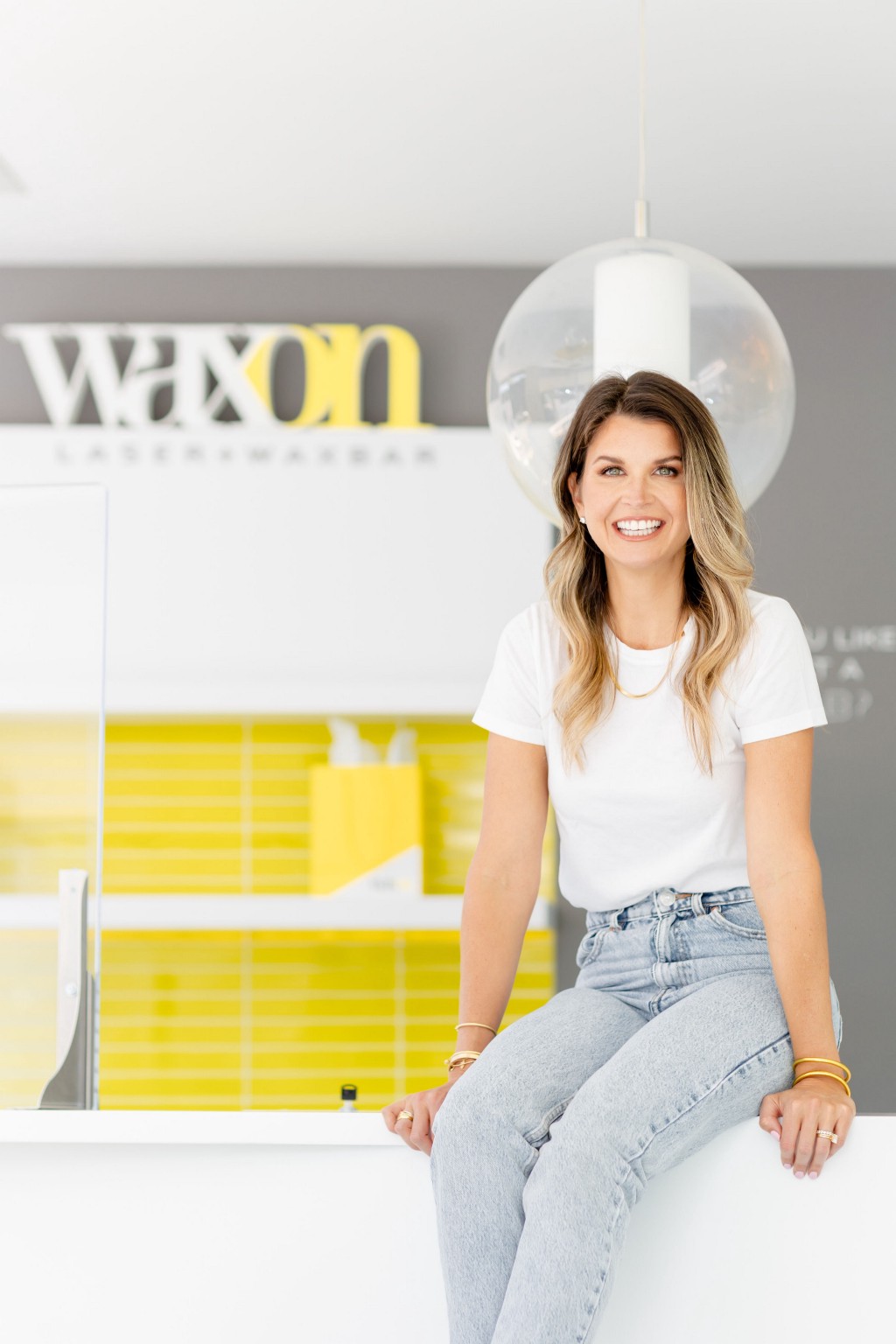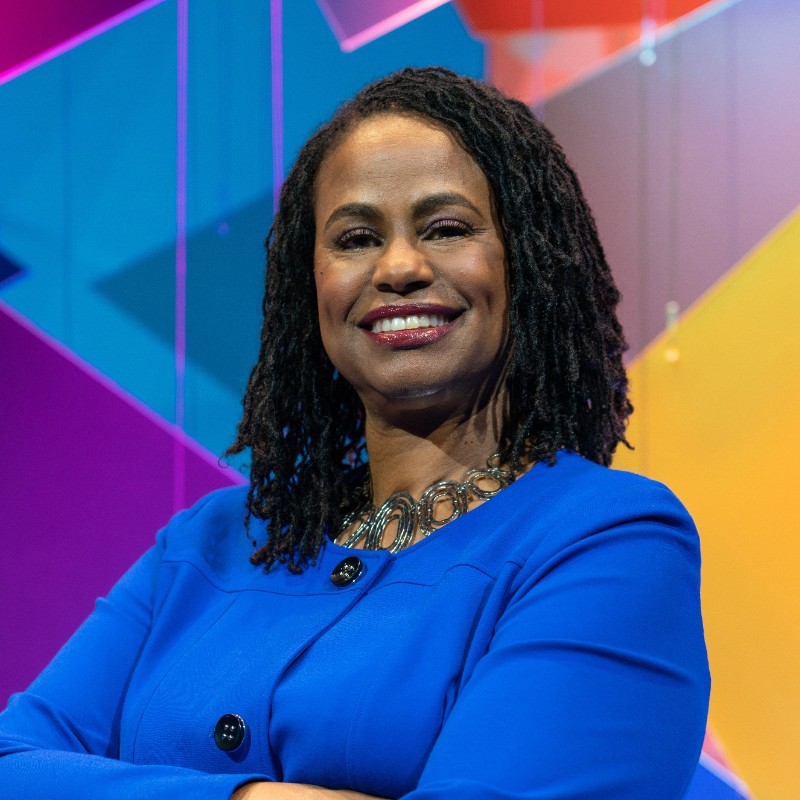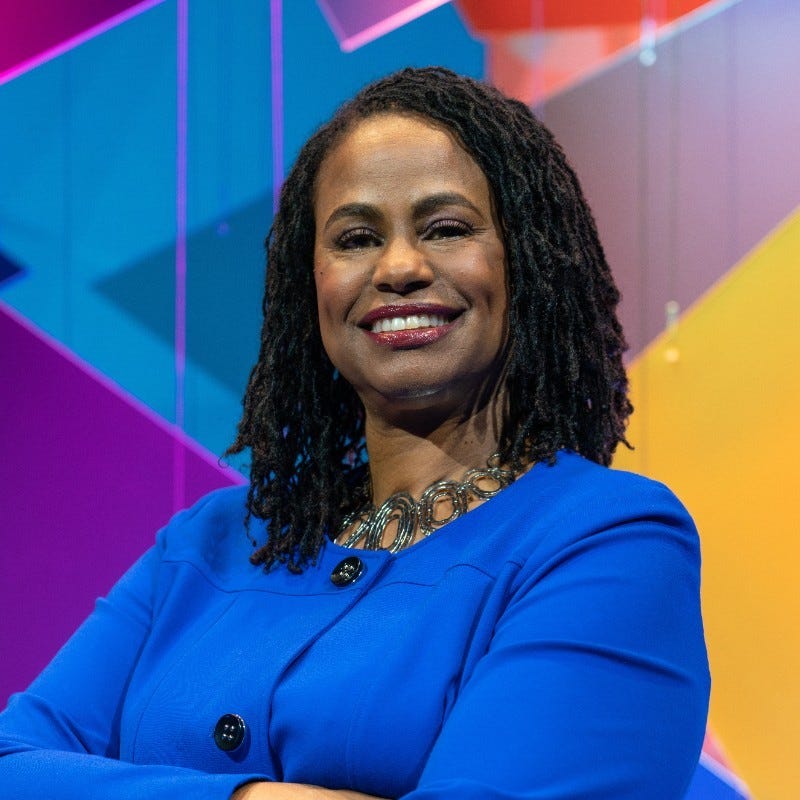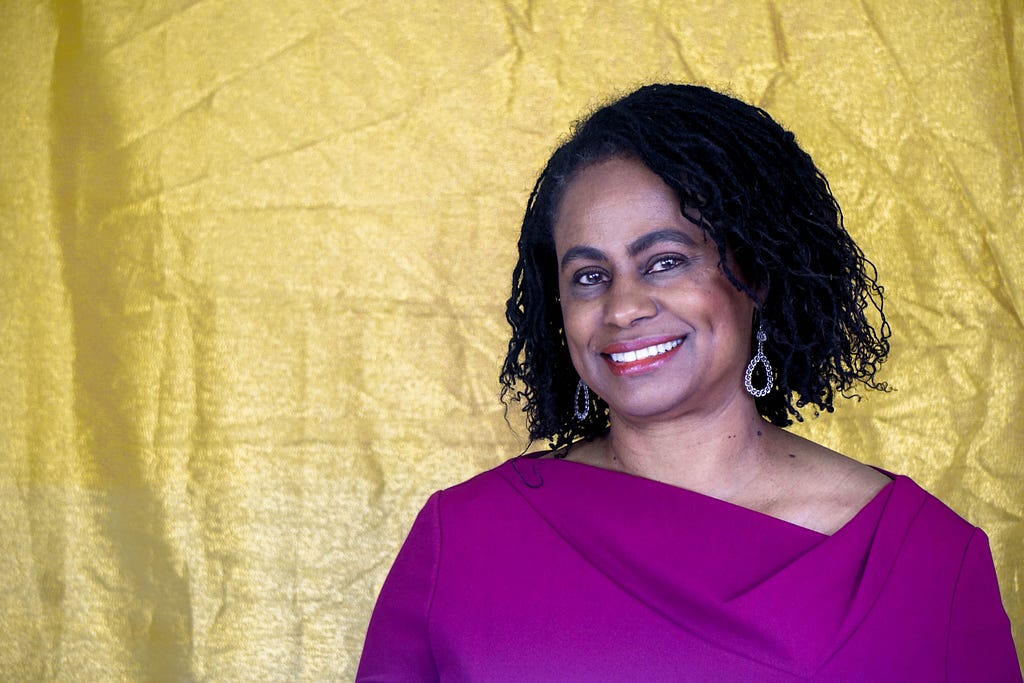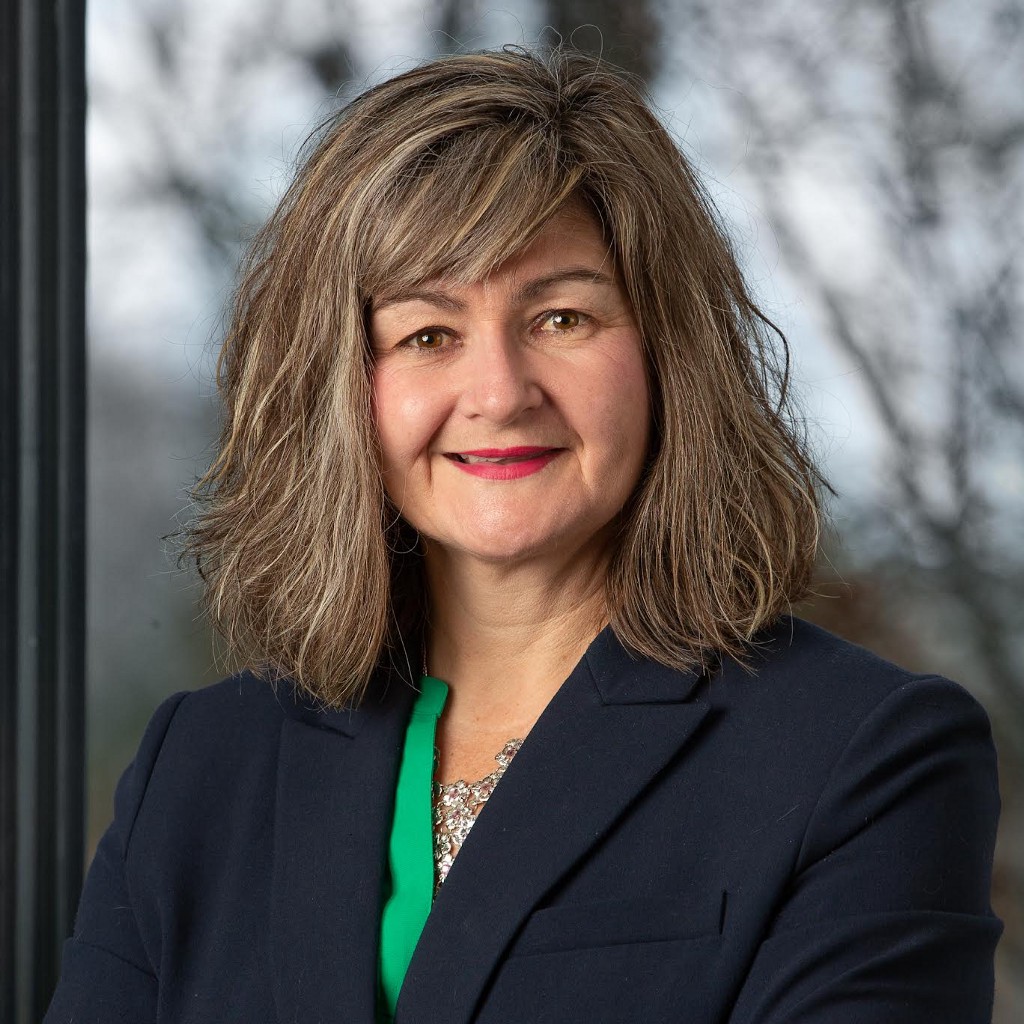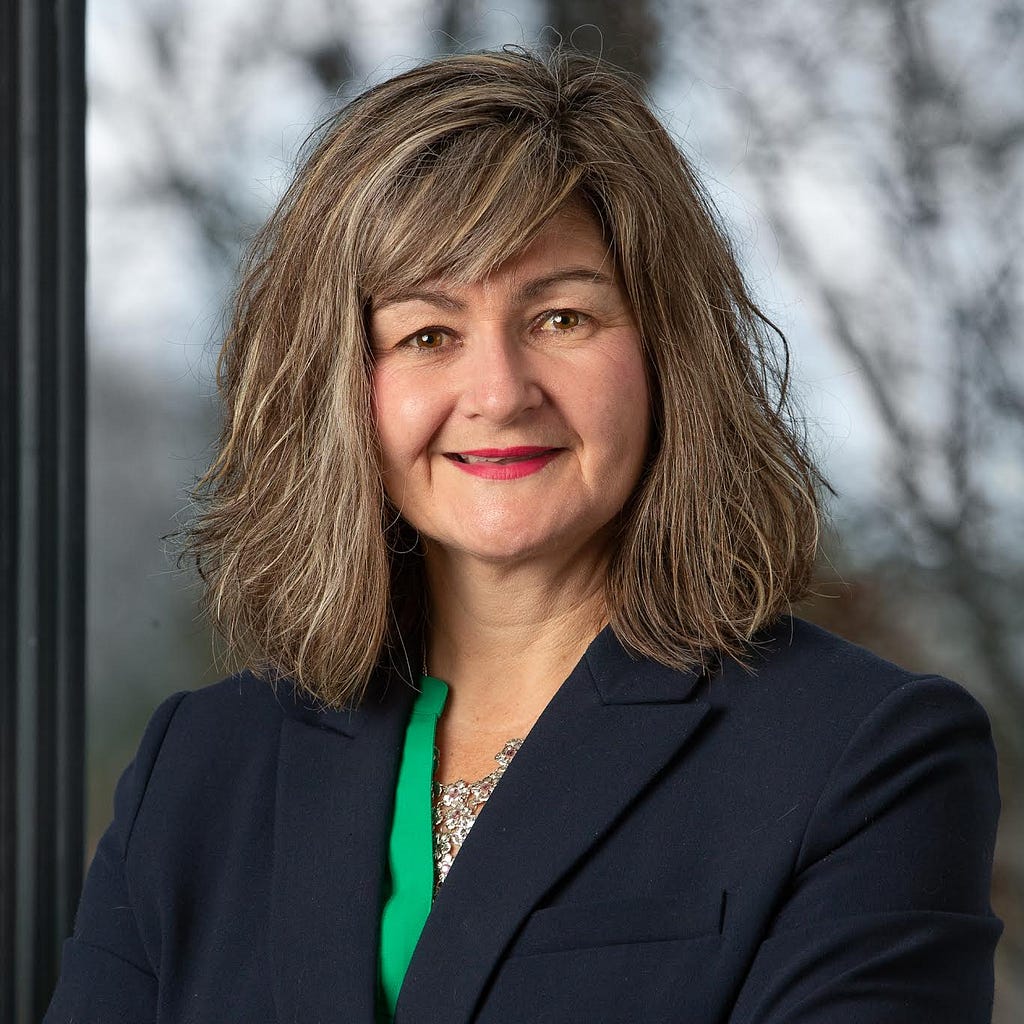Female Founders: Lexi Miles Corrin of WAXON Laser + Waxbar On The Five Things You Need To Thrive and Succeed as a Woman Founder
An Interview With Candice Georgiadis
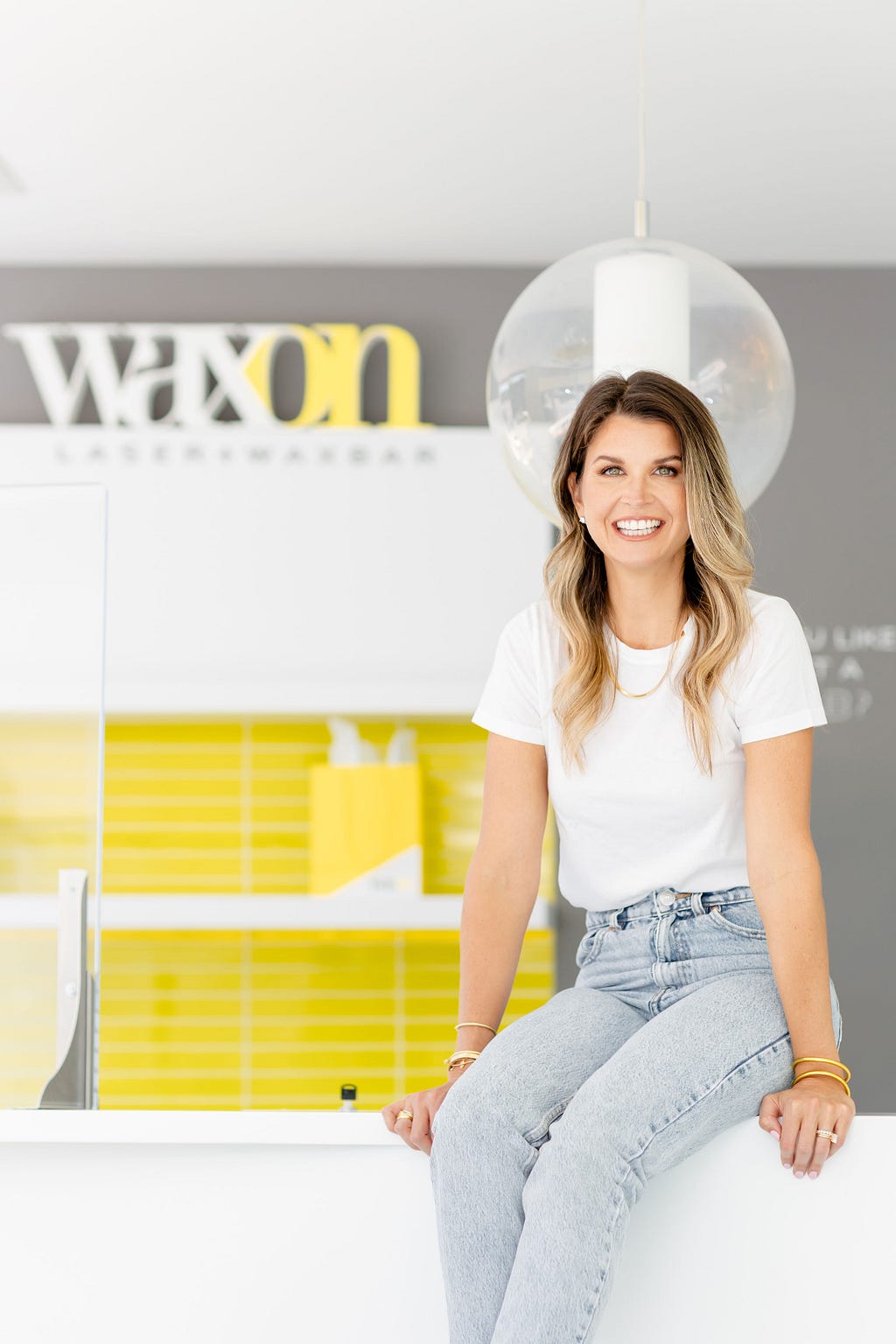
Team: build a team that will challenge you. Build a team that are not ‘YES’ people. They will tell you what they think and challenge you to do and be better as a leader. The first and second people you hire as leaders in your business will set and carry forward the culture you have built, it’s important to make sure these people are aligned with your vision for the company.
As a part of our series about “Why We Need More Women Founders”, I had the pleasure of interviewing Lexi Miles Corrin.
Lexi is the Founder and CEO of WAXON Laser + Waxbar, an innovative beauty concept specializing in hair removal for men and women on-the-go looking for convenient and high-quality services without the steep price tag. Launched in 2012, WAXON Laser + Waxbar now includes 14 locations across the country, with plans for further expansion in 2022.
A champion for empowering women in business, Lexi has been a keynote speaker and panelist for various organizations and preeminent universities including the Rotman School of Management and Queen’s University, providing entrepreneurial advice and inspiration to aspiring female leaders. She is passionate about giving back to her community, supporting several non-profits including One Girl Can. Lexi is also featured regularly in the media speaking to beauty trends, how to run a successful business and life as a female entrepreneur. Lexi resides in Toronto with her husband, daughter, Piper, son, Clark and newborn twins Nash & Violet.
Thank you so much for doing this with us! Before we dig in, our readers would like to get to know you a bit more. Can you tell us a bit about your “backstory”? What led you to this particular career path?
While working as a consultant primarily in the U.S., I was exposed to the wax bar business concept. I found it such a fascinating niche to have a company that was more than the local dive shop that did your nails and had a questionable wax bed in the back room, and yet was also more affordable than a high end spa. I loved that the concept was simple and to the point — hair removal. Upon returning to Canada, I searched for something similar and found there really was nothing available. So logically, I abandoned my promising career with absolutely no esthetic experience to start my own. Ten years later, here we are.
Can you share the most interesting story that happened to you since you began leading your company?
I would say it was my decision to launch laser hair removal. I always thought we would just be wax bars. I had never considered any other form of body hair removal, which in hindsight was fairly short sighted. Sometimes as leaders we can get so ingrained in the day to day that we can’t see the forest for the trees. We all need to take a step back and have the ability to think big. Now it’s such a major part of our business and our brand.
Can you share a story about the funniest mistake you made when you were first starting? Can you tell us what lesson you learned from that?
Well there was that time when I thought I had been through enough WAXON training to declare myself a waxologist and I attempted to wax our head of operation’s underarms. That did NOT work out well. And to make matters worse, I made a second attempt during our COVID closure by waxing (or at least trying to) my bikini area. Safe to say I will definitely be leaving this up to the experts in future. We have stringent training and processes in place for a reason and I am so grateful that we have an amazing team of waxologists with expertise and experience.
None of us are able to achieve success without some help along the way. Is there a particular person who you are grateful towards who helped get you to where you are? Can you share a story about that?
Although possibly cliche I would have to say Adam, my husband. We actually met when I was exploring the idea of franchising WAXON. He and his brother agreed to meet with me to provide some coaching and guidance, being experts in their own right through their franchise company, Freshii. And all these years later, he is still very much a sounding board, a support both in business and in life and a big thinker, just like me.
Ok, thank you for that. Let’s now jump to the primary focus of our interview. According to this EY report, only about 20 percent of funded companies have women founders. This reflects great historical progress, but it also shows that more work still has to be done to empower women to create companies. In your opinion and experience what is currently holding back women from founding companies?
I think it’s a combination of things. First, and most important, that even in today’s times, women simply do not feel empowered enough to take the leap. The risk is still too high. Getting loans, investors, business partners and being taken seriously as a woman with a real business idea is a challenge. And just like we need those before us to set the path, I believe the more of us that challenge the norm, the more will follow.
That is why I am so closely connected to an amazing charity called One Girl Can that we support heavily at WAXON. It is an organization empowering women in Africa through education — in school and trades — but also the knowledge that equality is a right that they deserve. We have to do the work here in North America, but we also have to help our fellow women in parts of the world that are further behind so that we can see change globally.
Can you help articulate a few things that can be done as individuals, as a society, or by the government, to help overcome those obstacles?
Education is key. Teaching equality from a young age, showcasing powerful women in schools. Talking to our young girls, but also to our young boys about equality. In my own company, I am hyper focused on creating a real path for everyone that works with us. For creating a safe space for them to explore and grow. We employ predominantly women and I get jazzed every time someone moves up in our company. We celebrate each other and all our milestones.
This might be intuitive to you as a woman founder but I think it will be helpful to spell this out. Can you share a few reasons why more women should become founders?
Well first of all, as a founder and also a mom, I just have to say that women have so many superpowers — like the ability to multitask.
I believe in leading by example. If my hardships, and my success can influence another to follow the path to entrepreneurship, I have won.
There is a saying that goes something like — teach a man and he will teach one other, teach a woman and she will teach the world. Women are inherently a community. We exist to lift each other up.
What are the “myths” that you would like to dispel about being a founder? Can you explain what you mean?
Myth: Failure is bad.
Failure is great. It means you are a step closer to success. Even if you risk it all and fail, you can rebuild again and you will be stronger for it. As entrepreneurs, we need a thick skin and a strong ability to see failure as an opportunity to grow. I encourage our team to embrace their failures all the time. I think vulnerability is crucial in leadership.
Is everyone cut out to be a founder? In your opinion, which specific traits increase the likelihood that a person will be a successful founder and what type of person should perhaps seek a “regular job” as an employee? Can you explain what you mean?
I believe there are founders and there are followers. And both are great and necessary. But I also believe anyone can be a founder if they want it enough. Passion is an absolute prerequisite in being able to handle the commitment and ownership it takes to make an idea a reality. Now with the pandemic, we are seeing that more and more.
Channel your inner risk taker, your vision and imagination, your big picture “what if” thinking. And of course, once you become a leader, a founder is humble, leads by example, and is vulnerable and strong at the same time.
Ok super. Here is the main question of our interview. What are your “5 Things I Wish Someone Told Me Before I Started” and why? (Please share a story or example for each.)
I am a big believer in leading a business through a solid foundation of core values and I often think how beneficial it would have been to know these core values going into building the WAXON business. So here is what guides me and my team:
- Adapt: there are SO many roadblocks that entrepreneurs face along the way that make you feel like you should just throw in the towel. What the operations of WAXON looked like when I first opened versus what it looks like today is very different.
- Be Humble: know your weaknesses even more intimately than you know your strengths. Be willing to admit what you aren’t as good at and surround yourself with a team that makes up for those weaknesses.
- Team: build a team that will challenge you. Build a team that are not ‘YES’ people. They will tell you what they think and challenge you to do and be better as a leader. The first and second people you hire as leaders in your business will set and carry forward the culture you have built, it’s important to make sure these people are aligned with your vision for the company.
- Ownership: As the founder you get to take ownership of the wins but you also need to take ownership of all the failures and there will be a lot of them. But by taking ownership, learning and growing, very soon your gains will start to outweigh your misses and then you start to really soar.
- Be Real: transparency, honesty and radical candor. Having battled people pleasing tendencies myself, I’ve learned time and time again that ‘being clear is kind’. There is a difference between optimistic but realistic vs. wearing rose coloured glasses and hoping for the best. Plan to be the best and when things aren’t going in that direction, be real about it and how you can redirect the ship to achieve your goals.
How have you used your success to make the world a better place?
As mentioned earlier, I have always ensured a charitable alignment with WAXON. We have, over the years, contributed to many organizations that hold meaning with us and with our guests. But we also use those opportunities to raise awareness. So we can use our platform to share about important issues in the world, to educate and to contribute. We are more than a wax bar — we are an organization that is creating a safe space for our team and our guests, we are all equal, we strive to always educate ourselves, we support our community and we always grow because of that.

You are a person of great influence. If you could inspire a movement that would bring the most amount of good for the greatest number of people, what would that be? You never know what your idea can trigger.
Personally, I’m going through a big phase of growth, having just expanded my family from 4 to 6, welcoming twins into our lives. It really has put a lot of perspective on how truly lucky I am to have the ability and flexibility to do it all. It really motivates me more to want to give this to more people. To empower more women to own their own business, whether that’s through a WAXON franchise, or through my ability to support and mentor someone in a completely different field. I have always dreamed about building a fund to support women entrepreneurs. I hope to be able to do that in the coming years.
We are very blessed that some very prominent names in Business, VC funding, Sports, and Entertainment read this column. Is there a person in the world, or in the US with whom you would love to have a private breakfast or lunch with, and why? He or she might just see this if we tag them.
Just one?! There are so many women who are challenging the norms and smashing glass ceilings that I would love to learn from. Top of my list would be Sarah Blakely, CEO of Spanx. I mean what a story. I have followed her for years and I am so impressed with her persistence, her ability to find another door when the one in front of her closed, her consistency and ultimately her massive success. As an entrepreneur I would just kill to pick her brain.
Thank you for these fantastic insights. We greatly appreciate the time you spent on this.
Female Founders: Lexi Miles Corrin of WAXON Laser + Waxbar On The Five Things You Need To Thrive… was originally published in Authority Magazine on Medium, where people are continuing the conversation by highlighting and responding to this story.


